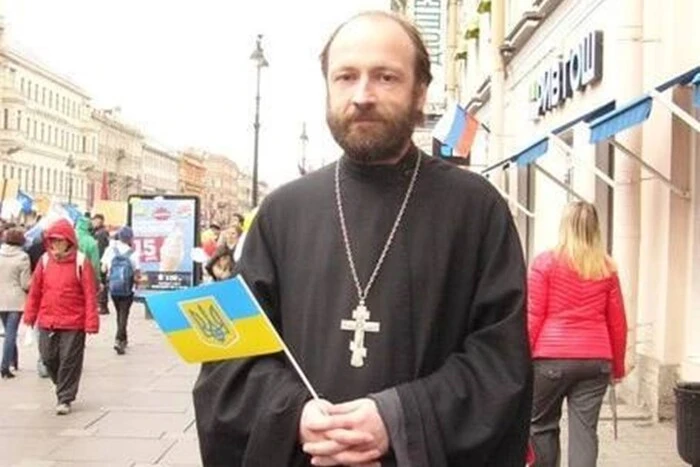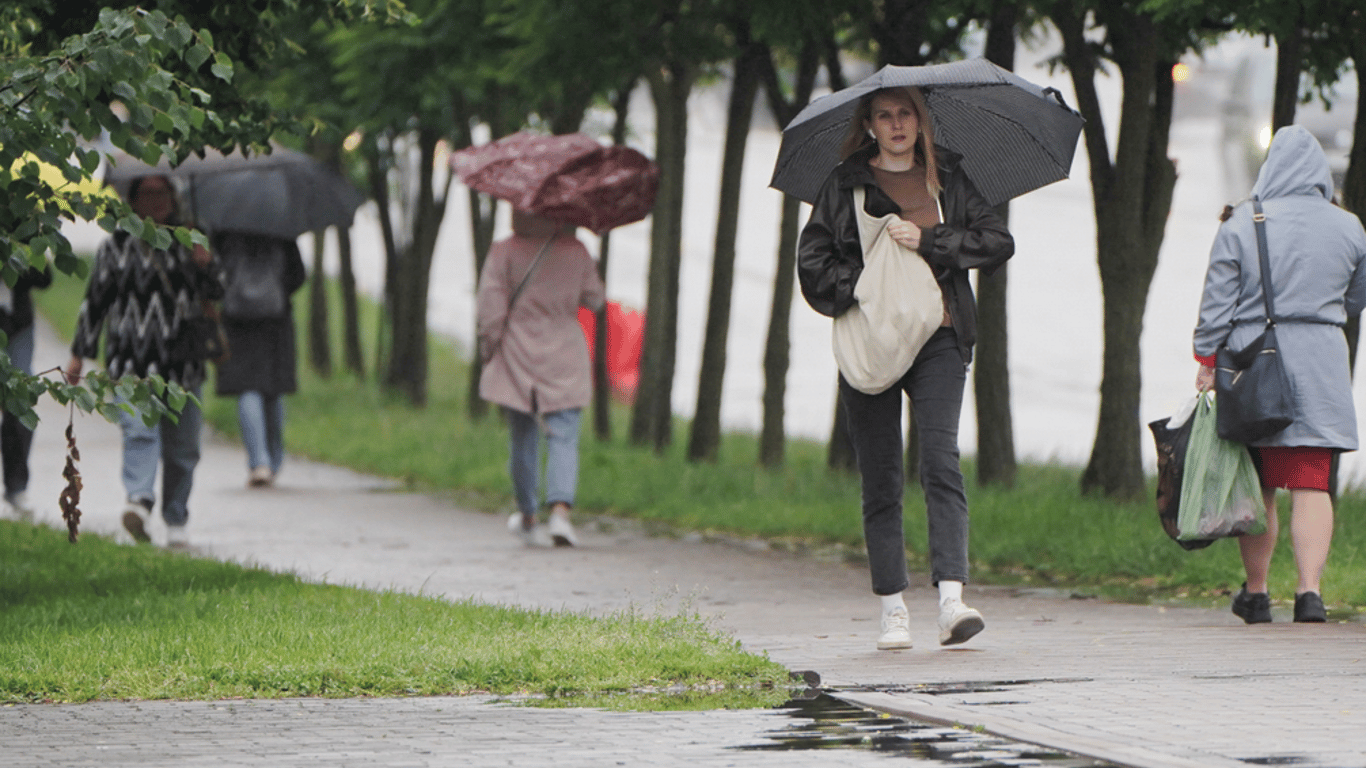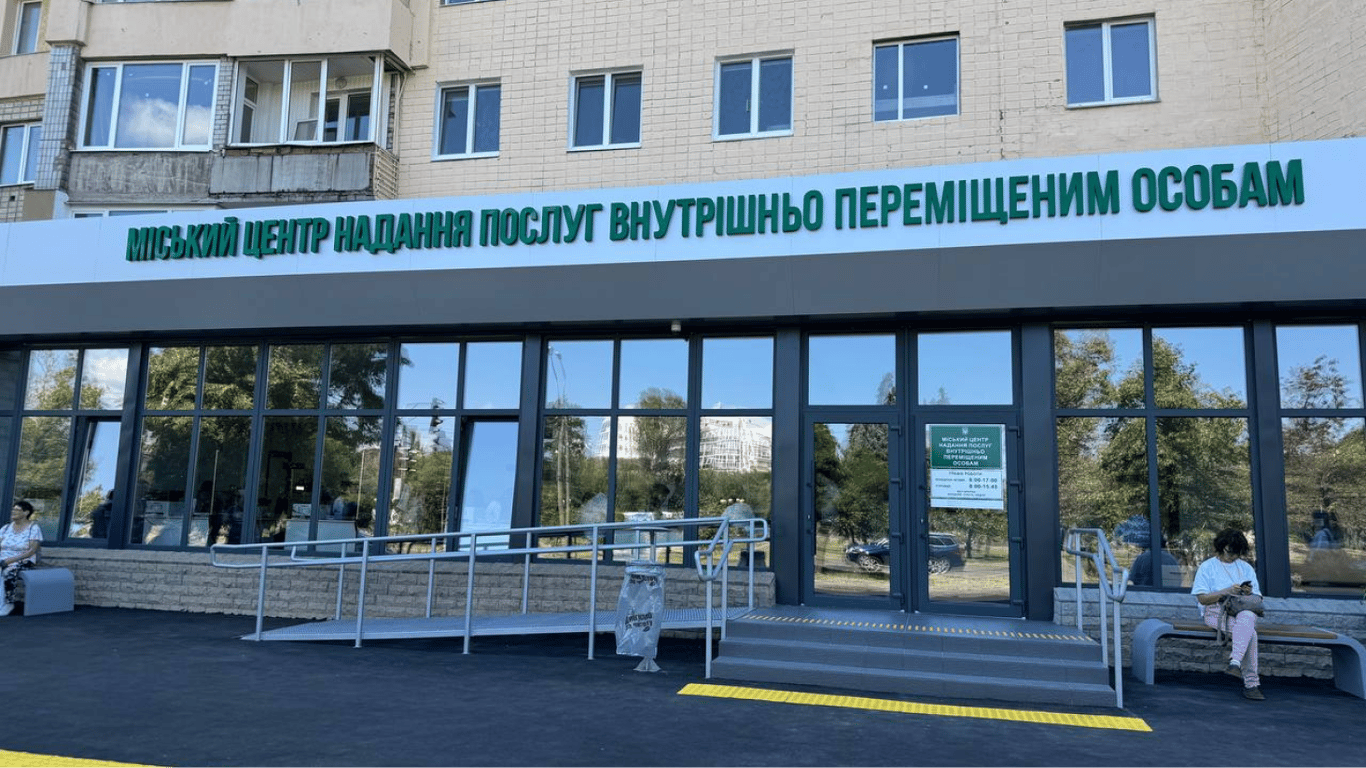In St. Petersburg, a priest was arrested for a photo with the Ukrainian flag.


A Russian Orthodox priest, Mykola Savchenko, has been arrested in St. Petersburg for 14 days. This information was reported by the organization 'Christians Against War' citing the priest's own words. According to the organization, Savchenko was taken from the church to the police and later brought to court.
An administrative investigation has been initiated due to a photo published in the Russian social network 'VKontakte' in 2014. In the image, Savchenko stands on Nevsky Prospekt in St. Petersburg holding a small Ukrainian flag.
This is what the Lord says: do not go and start wars with your brothers
The photo is accompanied by a quote from the Bible. The court found that the flag Savchenko was holding was symbolic for the Organization of Ukrainian Nationalists (OUN), which the Supreme Court of Russia recognized as an extremist organization in 2022.
The Telegram channel of the support group for activist Olga Smirnova notes that Savchenko is accused not only of possessing the Ukrainian flag but also of having the trident symbol, which is often associated with the banned symbolism of the OUN.
Savchenko is a priest at the Church of St. Peter, Metropolitan of Moscow, in St. Petersburg, and has repeatedly held services at the Solovetsky Stone to honor the memory of the victims of the Great Terror, reports the human rights project 'OVD-Info'.
Previously, Russia sentenced a man for attempting to set fire to Lenin's mausoleum.
Russian courts also sentenced a 72-year-old American for participating in the Ukrainian defense.
Read also
- Fishing Restrictions — Who Can Be Fined Even at Home
- Five thousand UAH in the 'School Package' — what is definitely not allowed to be purchased
- Child's right to property — what risks are there for parents
- Heatwave is receding - Didenko warned about a drastic change in weather
- The first service center for IDPs has opened in Kharkiv — photo
- Assistance of 6.5 thousand UAH for schoolchildren - who will have the right to receive it









